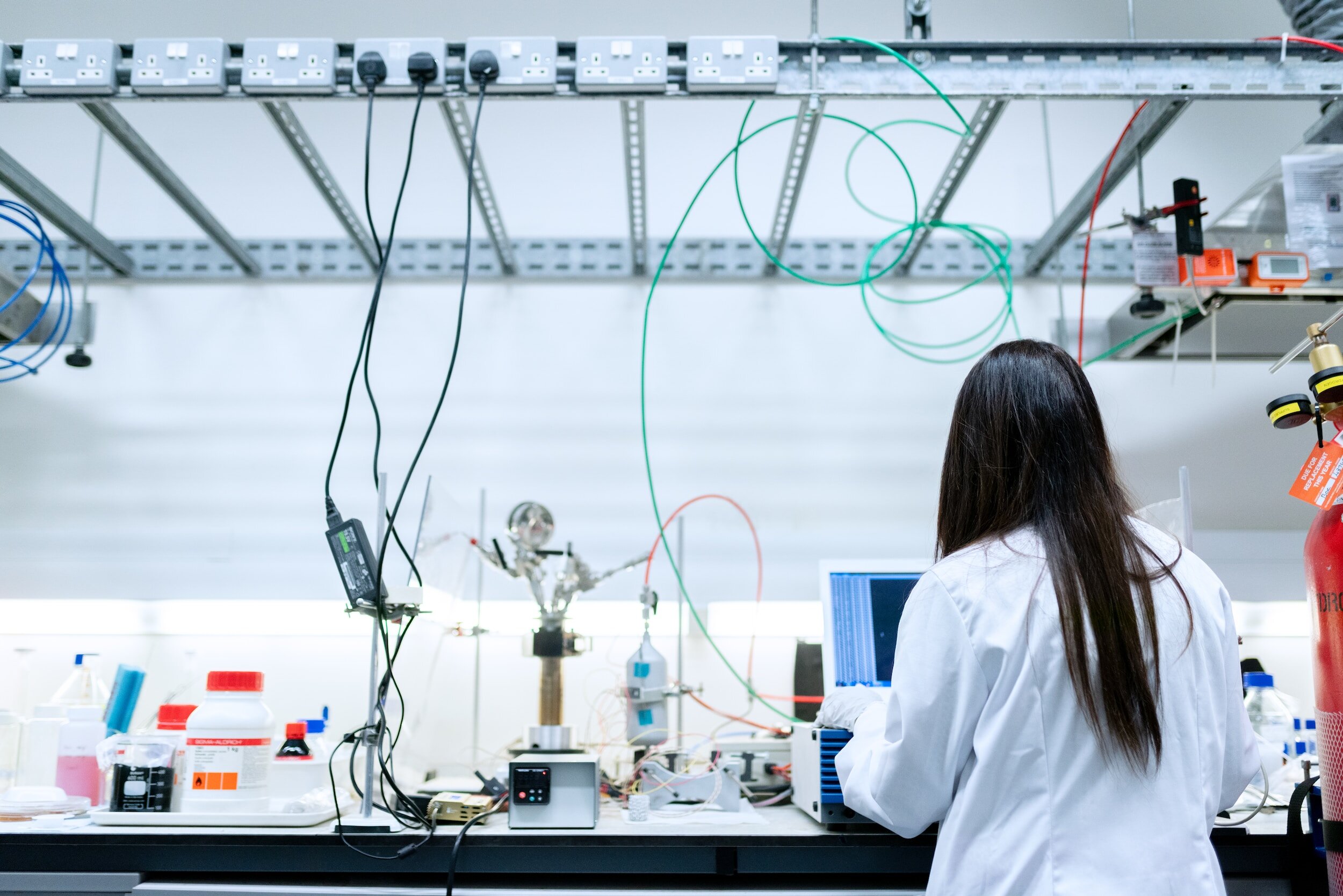From Theory to Practice: Pioneering Research and Career Horizons in Alt Proteins
The Alternative Protein sector is undergoing a period of transition, bridging the gap between theoretical research and practical application. This development is not only transforming our food system, but also opening up a wealth of impact career opportunities for researchers and graduate students.
The Pioneering Research Landscape in Alt Proteins
The next generation of Alternative Proteins has the potential to drive long-term growth in a reimagined food system. In recent years there has been significant investment in this sector and the number of research projects in the field has been growing rapidly as well. The Good Food Institute (GFI) has conducted an extensive report on the current innovation priorities in the Alternative Proteins. The report shows the importance of interdisciplinary research to tackle complex problems and the key questions to tackle by researchers interested in this sector.
Based on the report's findings, here are the key areas that need further research:
Plant-Based Proteins: There are several R&D priorities, including breeding or engineering for higher protein yields, protein fractionation and functionalization, improved plant fat profiles, and novel methods for texturizing and structuring plant-based proteins.
Fermentation Techniques: One of the key issues here is increasing the titer and yield of target molecules and protein biomass. Strain engineering is also a promising avenue, which may unlock the potential to use cheaper fermentation feedstocks, driving down production costs. Fermentation-derived lipid production is another relatively unexplored field for food applications that has a history for industrial chemicals.
Cell-Based Meat: Achieving and demonstrating nutritional equivalence to animal products is a milestone for cultivated meat. There's a need for bioreactors optimized for cultivated meat, as existing industrial-scale bioreactors face technical challenges when used for cultivated meat.
Current Research & Development Challenges
Having delved into the primary research areas, it's essential to pinpoint the specific challenges that arise within these domains. These hurdles, while complex, present opportunities for innovation and advancement in Alternative Protein jobs.
End Product Innovation: The success of the Alternative Protein industry hinges on creating products that are identical or superior in regards of taste and smell to conventional meat, egg, and dairy products. There's a need for better models of plant protein denaturation, alignment, and crystallization within high-shear processing methods to inform the process variables for specific combinations of input materials.
Research & Monitoring Tools: Cultivated meat research can be accelerated by the development of appropriate research tools and key datasets. There's a need for real-time, in-line monitoring techniques optimized for cultivated meat or fermentation-derived protein production processes.
Microbial Fermentation: This is not a new technology, but the key question for the field of fermentation for Alternative Proteins is how to improve the unit economics of production while expanding the menu of ingredients to address taste and texture requirements for meat, egg, and dairy products.
Finding Your Path in Alt Proteins
The connection between cutting-edge research and the rise of Alternative Proteins presents numerous impact career opportunities, full of scientific challenges and addressing some of the most pressing issues in our food system. The growing industry offers a promising field of activity for research specialists and recent graduates. With key research areas focusing on cell-based meat, plant-based proteins, and innovative fermentation techniques, the Alternative Protein sector is on the rise.
The challenges are numerous, from perfecting end product innovation to developing advanced research tools and optimizing microbial fermentation processes. If you're an aspiring scientist, the Alternative Proteins sector offers a unique opportunity. Leverage your expertise and be part of the solution that reshapes our food system for the better!

